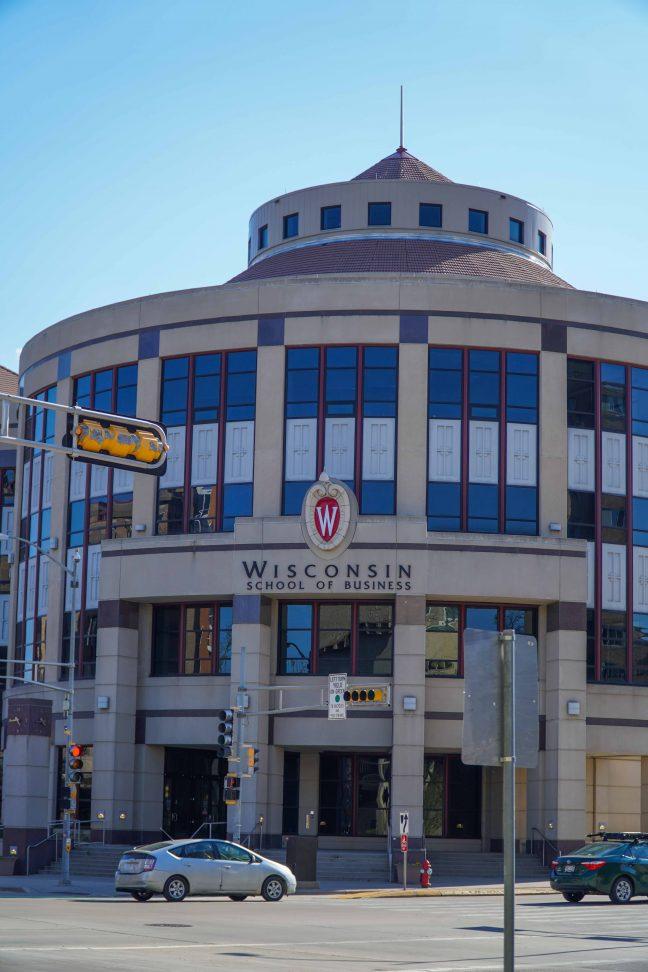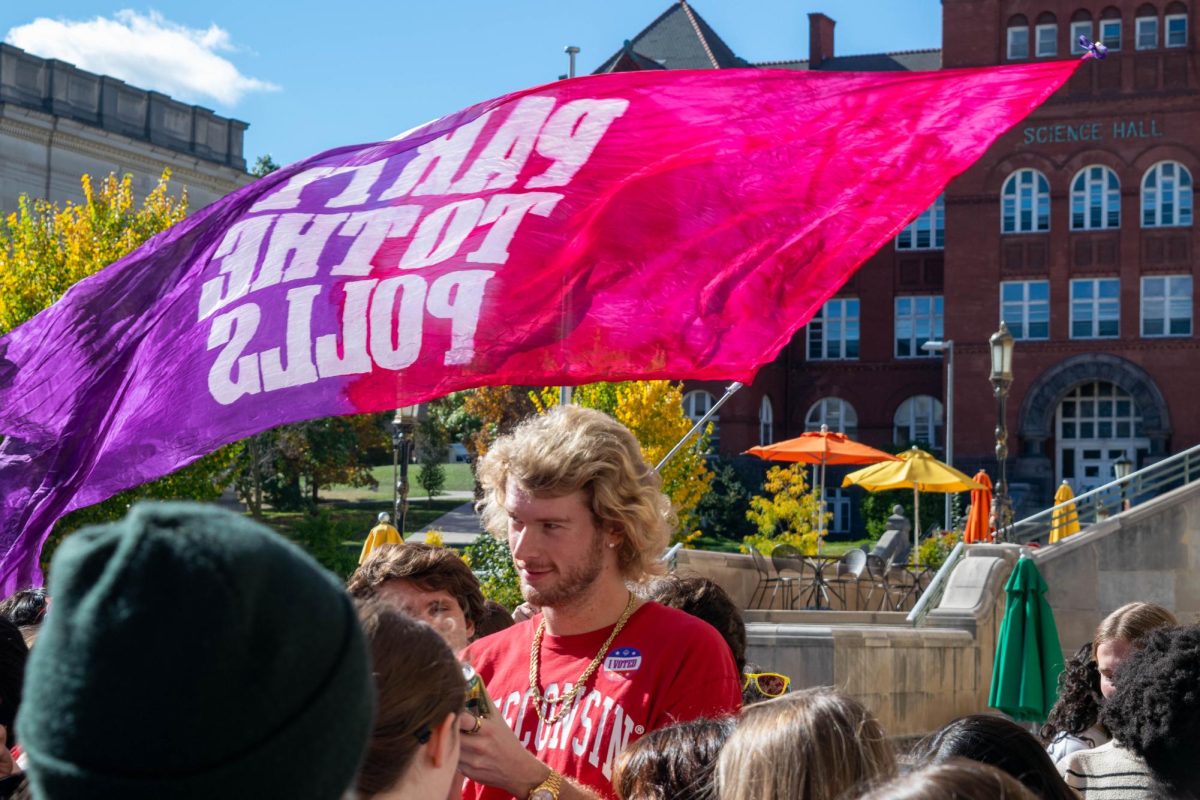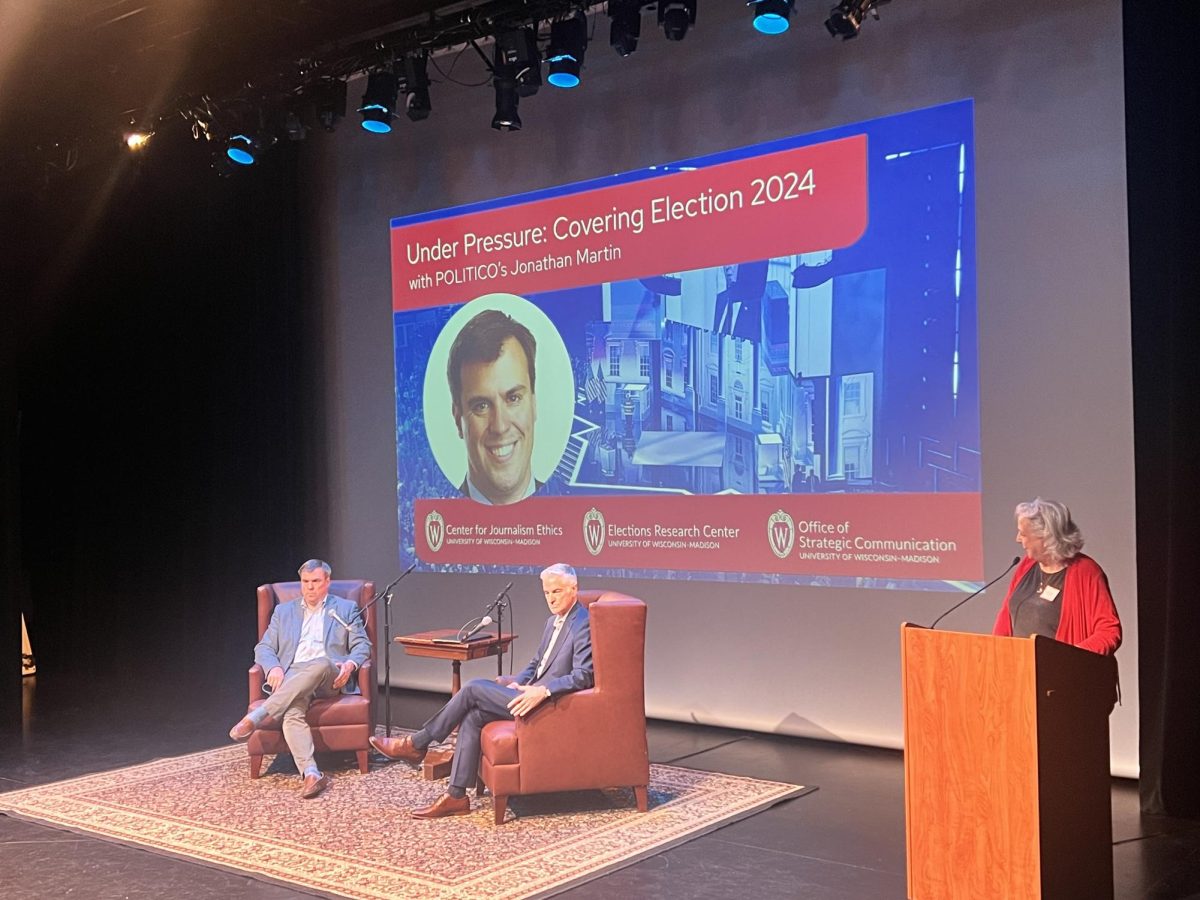An open-records committee began meeting this week to clarify the state’s open-records laws. Rep. Mark Gundrum, R-New Berlin, said the State Legislative Council Open Records Study Committee hopes to strike a balance between the public’s right to access information about government and the citizens’ right to privacy, which has long been a challenge for lawmakers.
Gundrum said there are several Wisconsin Supreme Court rulings that need clarification.
“There are instances where you can get records about an employee and the person who holds the record — the guardian of the record — must notify the person before their record is opened,” he said. “That way, they have the opportunity to appeal opening of the record or even take it to court.”
In 1996, the Wisconsin Supreme Court ruled in Woznicki v. Erickson, which specifically notes that personnel records of public employees are open, but the employee has the right to be notified and can appeal if someone requests their personnel file.
“[We are looking at the question:] Is the balance that the court set up appropriate?” Gundrum said. “It can really delay the process of obtaining the record. Timeliness is a big issue.”
Gundrum said if a journalist is looking into a record of a public employee, and the employee fights the opening of the record, it affects the usefulness of the record and the information it might yield.
“We are also looking at what is considered in deciding whether or not to refuse a record,” he said.
The committee identified some other questions that have been raised by the Supreme Court ruling and plans to make decisions about the ruling in their next two meetings.
Gundrum said the committee also looked at several other issues including: whether frivolous personnel disputes could hurt the reputation of a state or local employee if released, if the person requesting public records should be permitted to remain anonymous, whether private employees under contract with the state government are subject to the same open records laws as other government employees, and who is responsible for attorneys’ fees when open records laws are taken to court.
“We are looking at if the public is going to benefit from keeping them private,” he said. “Should the emphasis be public versus public [interest] or public versus private? And who should pay when there are these kind of challenges come up?”
Gundrum said he recognizes that lawmakers have a complex job in balancing the need to protect private citizens’ personal information with the desire to make government documents available to the public.
“In this age of rapidly advancing technology, we must be careful to protect the private rights of individuals but, at the same time, make sure citizens have access to public information so they may closely monitor how their government is functioning,” he said.
Gundrum said although the committee was not specifically formed to address the investigation into state caucus employees illegally campaigning on taxpayer time, the investigation has proved relevant.
“The committee was not set up in any way in relation to the caucus stuff,” he said. “But all the caucus stuff is bringing up issues that are important.”
Jay Heck, executive director of the watchdog group Common Cause of Wisconsin, said the open-records laws are very important to the investigation.
“I think the whole genesis for this open-records committee was the great controversy with the caucus,” he said. “The three newspapers, first The Capital Times that was later joined by The Wisconsin State Journal and The Milwaukee Journal Sentinel, had to sue under the open-records law to get the names of people involved.”
Heck said the committee will be looking at what is written into the statutes, including paying fees for getting records.
“I think what has happened here was the open-records committee was formed and will have a more-streamlined definition that will be used.”
Gundrum said the key issues were identified by the group and there will be a thorough debate at the next meeting Oct. 28. He expects the teachers’ union and newspapers to attend the next meeting.
“This stuff sounds boring, but it is important to the government,” he said.







